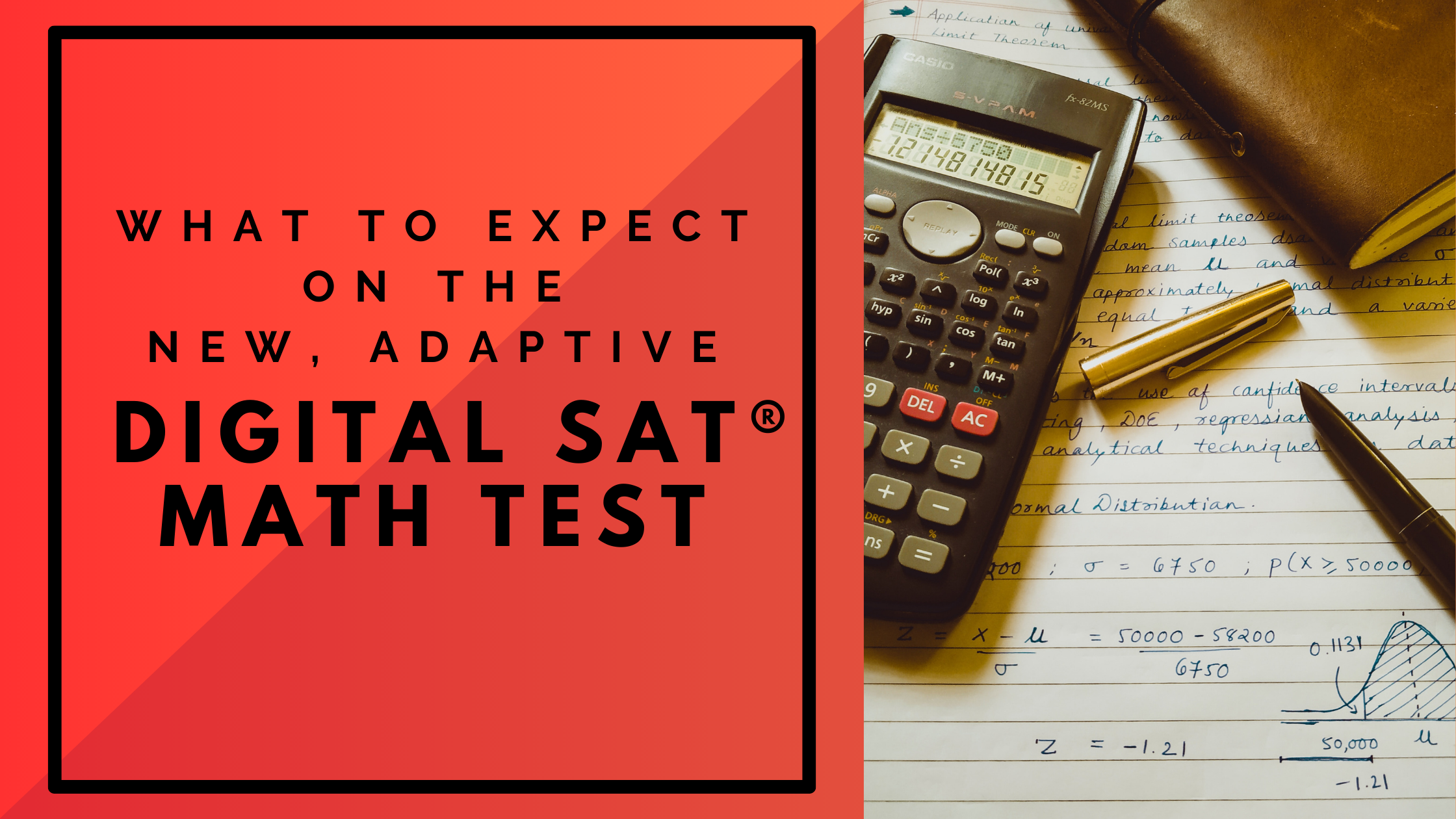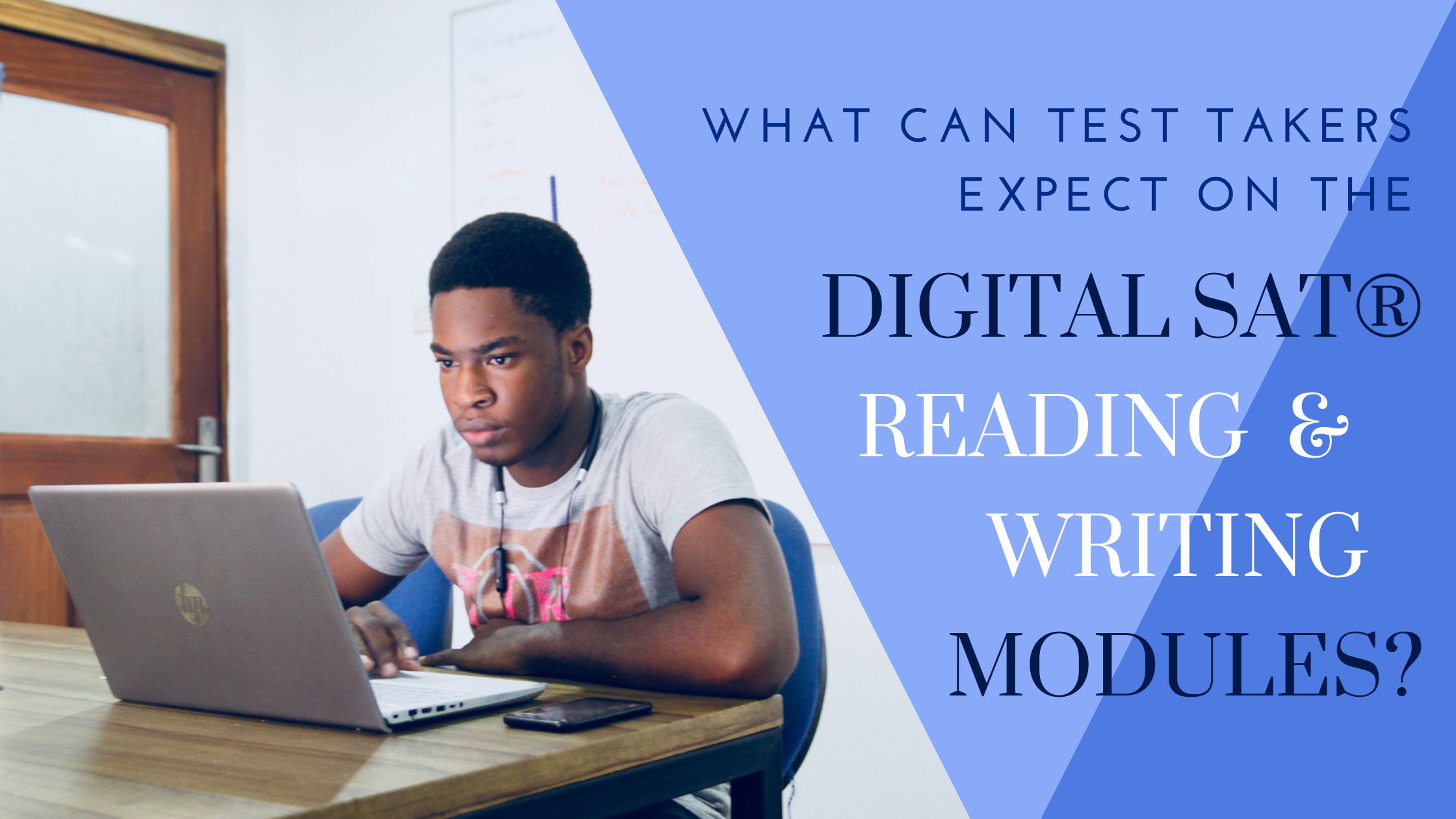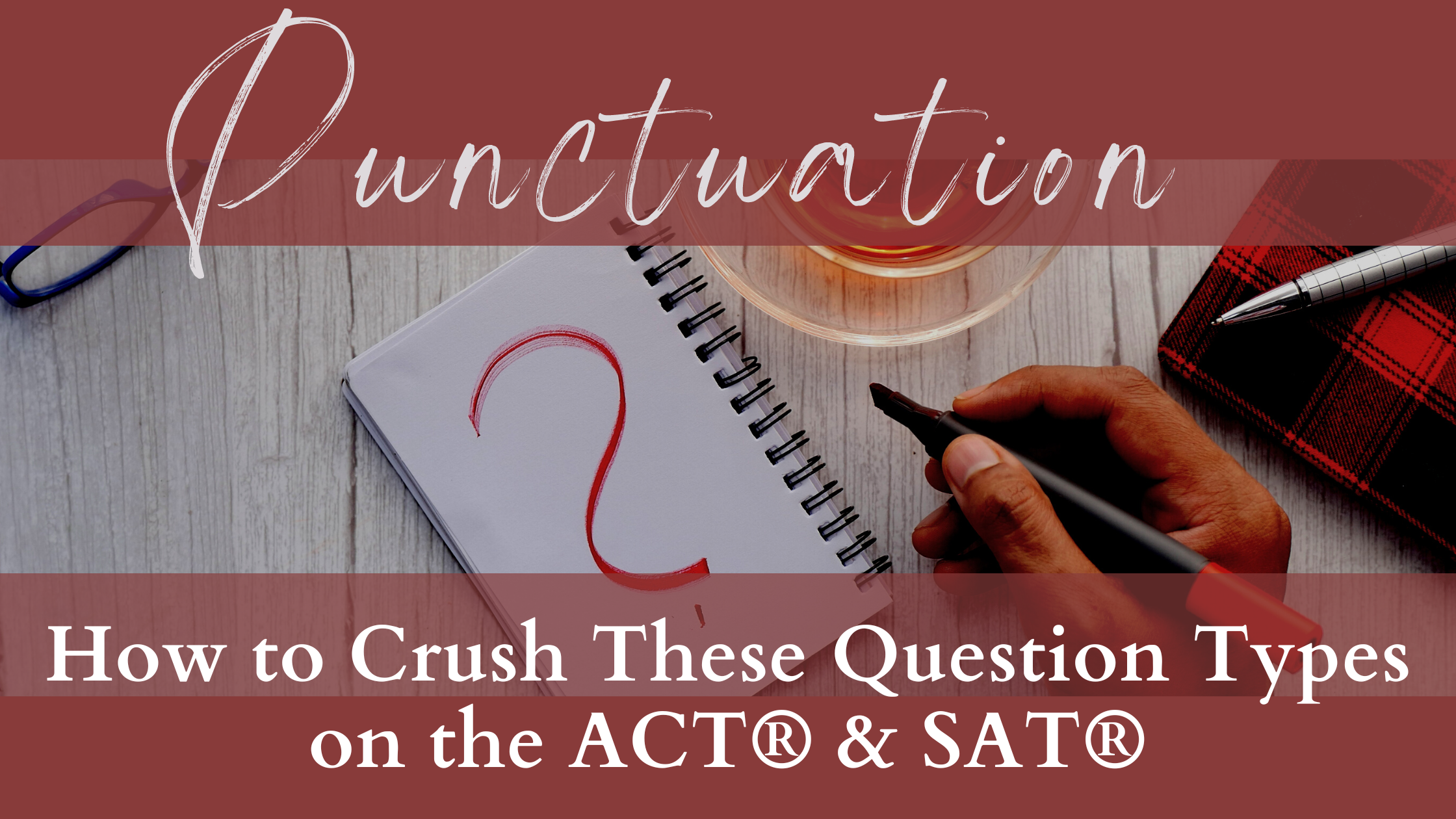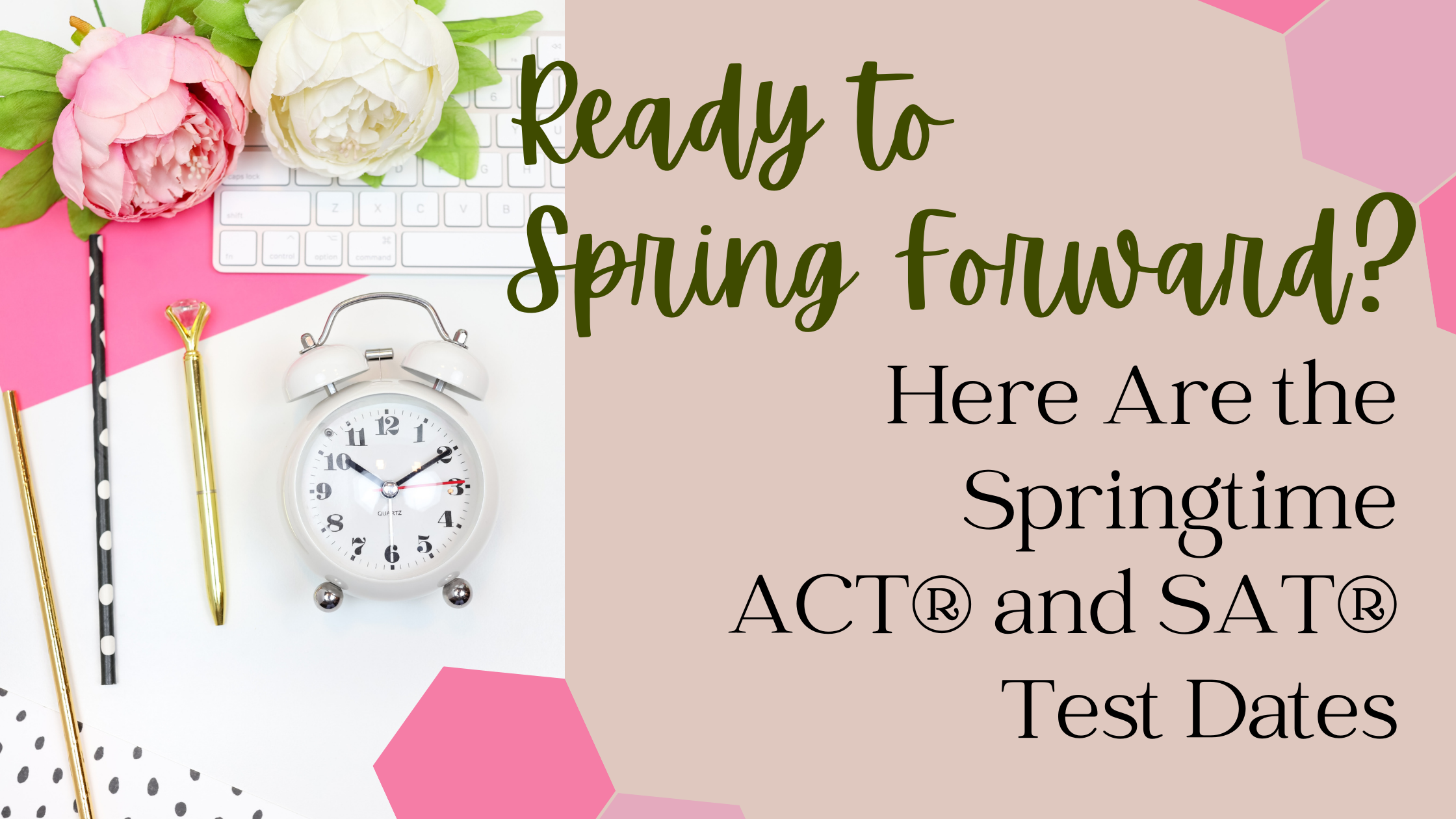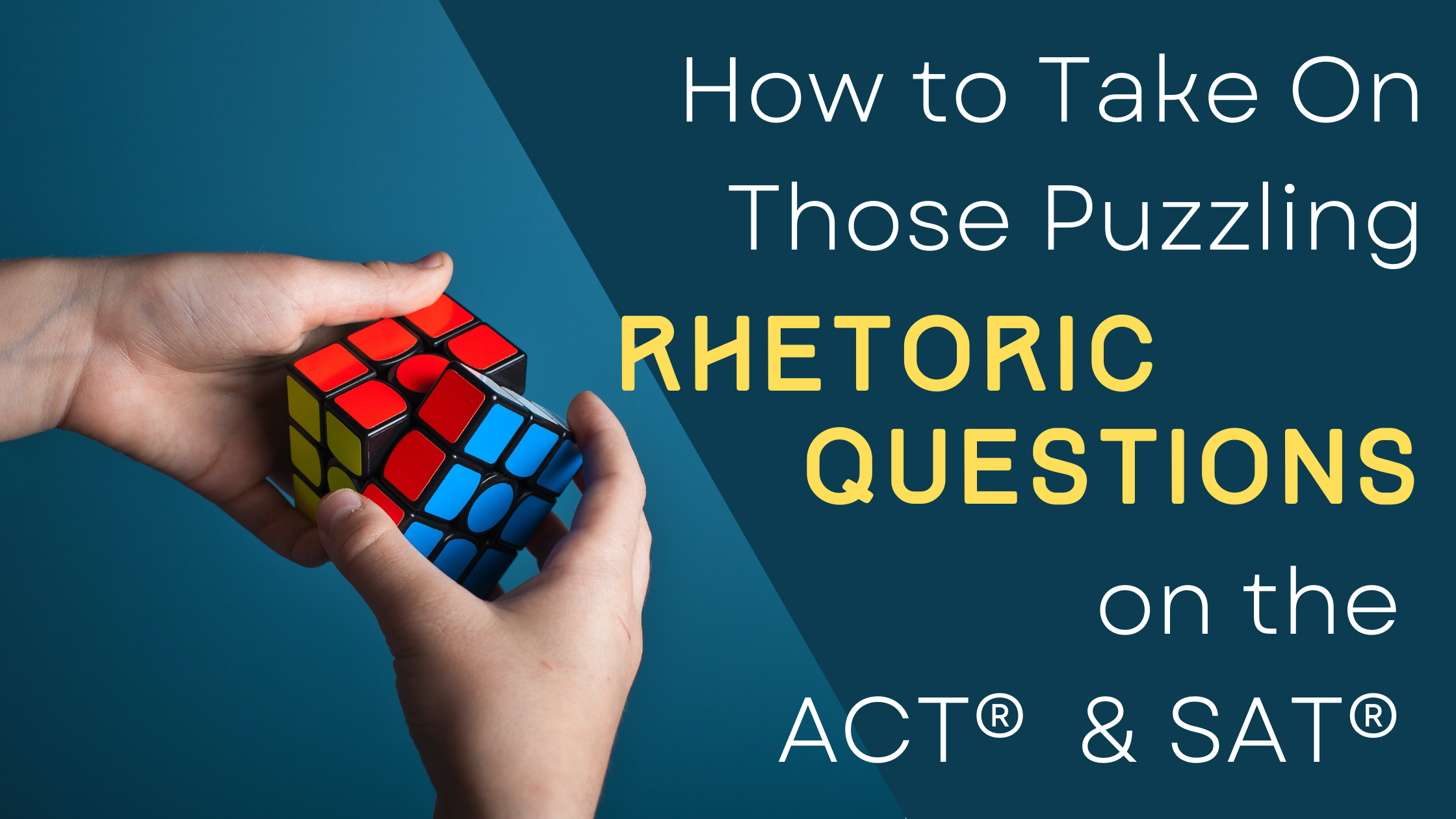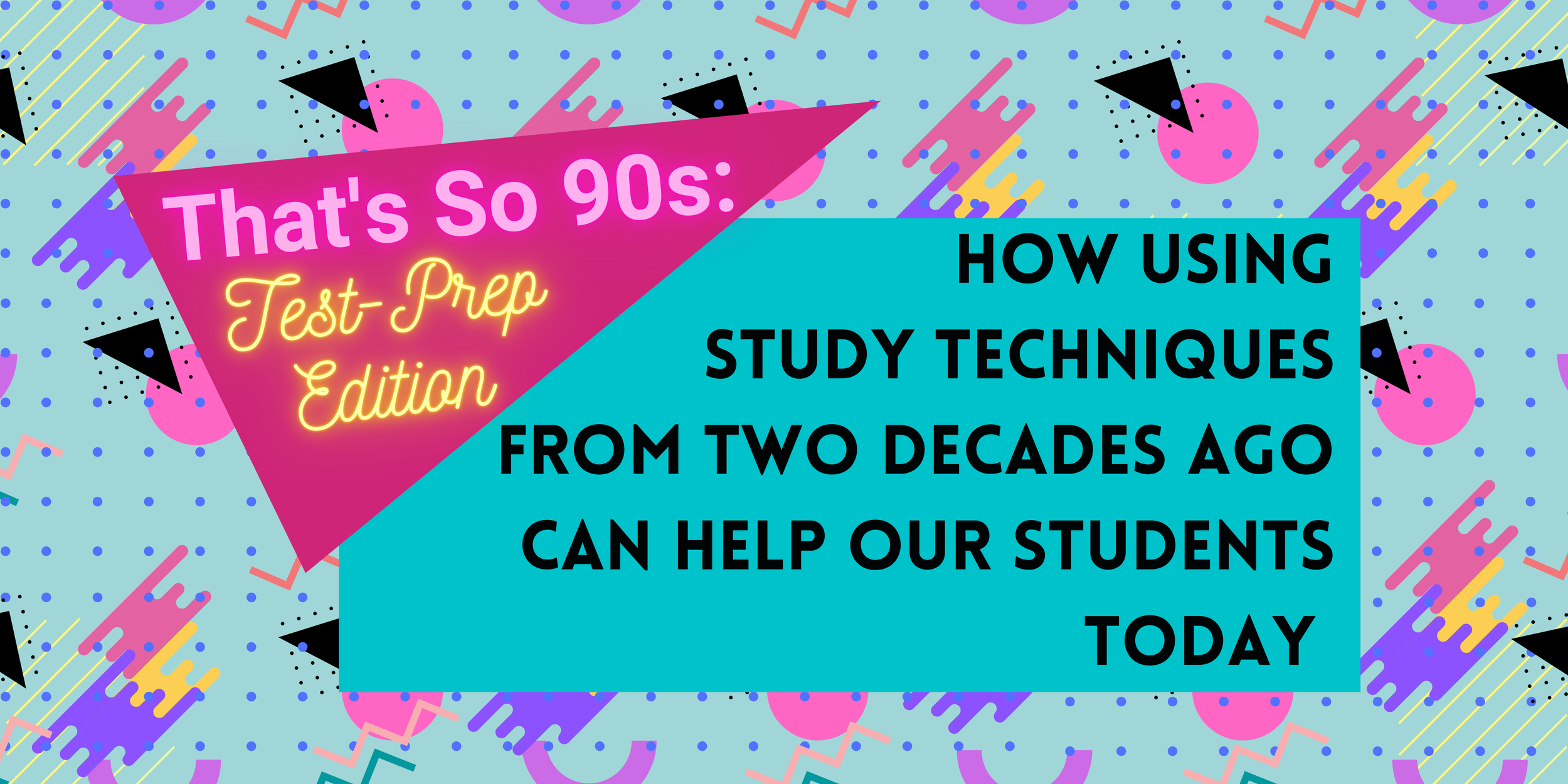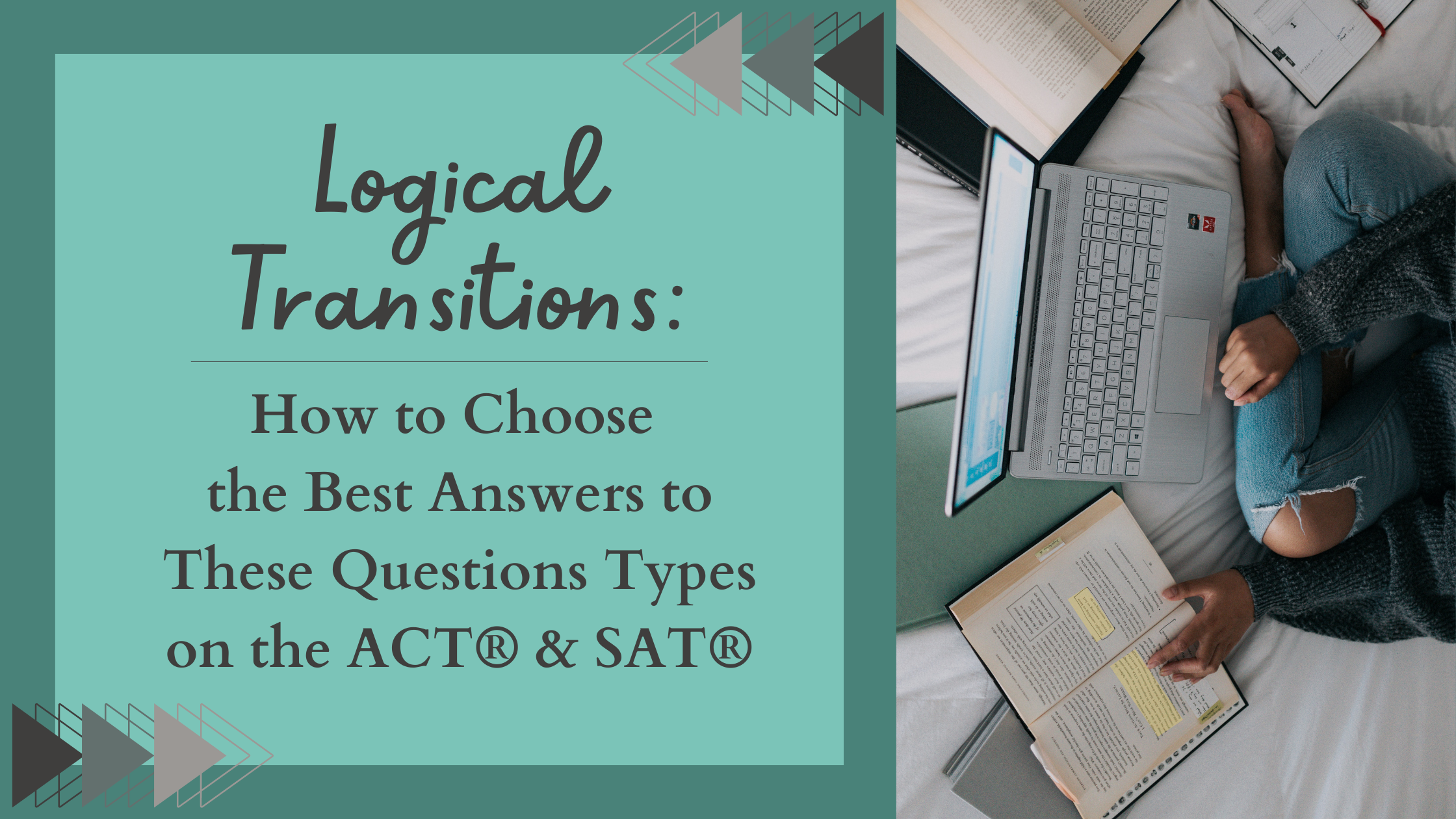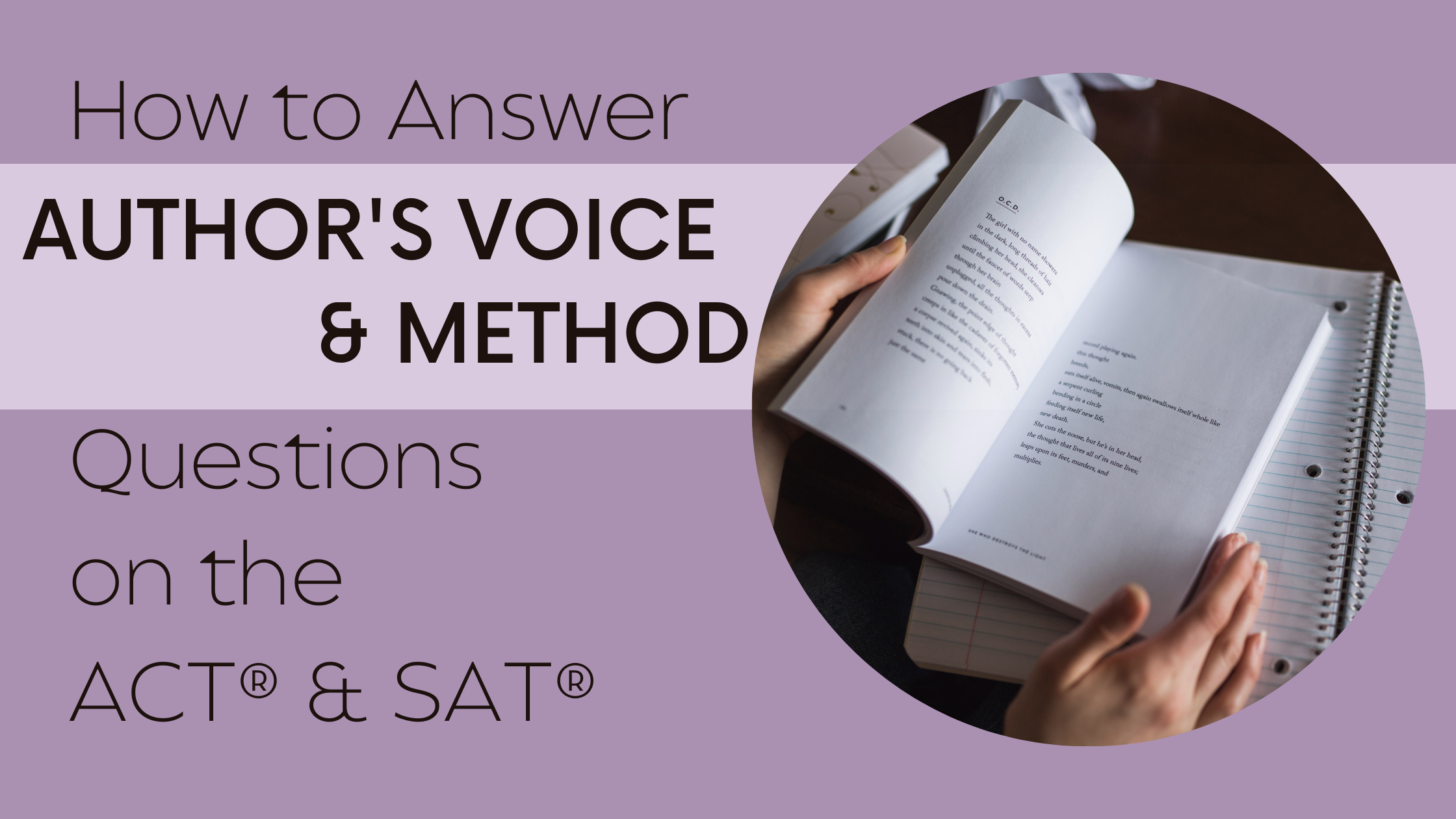Life after Spring Break is a whirlwind for our college-bound seniors. With the end of their final high school year on the horizon, it’s imperative that they stay on track.
Read MoreWhat can test takers expect on the digital SAT®’s Math component?
Read MoreCollege Board has been teasing out their anticipated digital SAT® Suite of Assessments, and we finally (finally!) have a clear timeline of which assessments are switching to digital versions and when.
Read MoreWhat can test takers expect from the digital SAT®’s combined reading and writing component?
There are a number of benefits that come to high school students who excel in advanced placement (AP) courses. Here is how can we can best support our AP clients to help them achieve their academic goals.
How can you tell when your client is ready to take the ACT® or SAT®? There are 4 telltale signs, or benchmarks, that indicate your client is primed and prepped to take the real test.
Read MorePunctuation is tested on the English section of the ACT®, the Writing section of the SAT®, and the Reading & Writing module on the DSAT®. In this post, we’ll unpack which punctuation marks are tested on each of these tests, how they may appear, and how you can help your students totally crush these question types!
As we approach the season of new beginnings, move our clocks forward, and keep our umbrellas at the ready, we need to prepare our students for the spring challenges ahead. One major task that cannot be overlooked is registering for one of the upcoming ACT® or SAT® tests.
Read MoreRhetoric—not that meaningless drivel spewed by politicians, but persuasive language used in writing or speaking—tested on the ACT® and SAT® require the test taker to understand the author’s purpose; from their word choices and text structure to their point of view and persuasion techniques.
Senioritis is upon us—that time of year when even our most ambitious students start to lose motivation, and academic performances begin to wane. Here are a few strategies to share with your seniors to keep them motivated and focused on their end games.
Strip away the modern-day distractions and get back to the basics. For the sake of test prep, we’re going back to the 1990s!
Read MoreChoosing the best logical transition requires students to have a firm grasp on rhetorical skills—the ability to present, justify, persuade, and/or support a particular point of view. Knowing which transition words or phrases to choose can be trickier than test takers may assume.
Read MoreThe best test-prep support we can offer our English Language Learners is that which provides them with the most effective strategies to help them succeed on the ACT® and SAT®.
Tone and attitude questions are found in both the ACT® and the SAT® ELA Reading sections. It’s important for test takers to fully grasp the concept of tone and attitude questions, discern how the author(s) or character(s) feel, and be able to pick out the descriptive language used throughout the text in order to competently answer these questions types.
Winter break is a great opportunity for students to pinpoint the most effective test-prep strategies to use as they gear up for their upcoming ACT® or SAT®.
Author’s voice and method questions appear on the ACT® & SAT® Reading sections. In this post, we unpack what author’s voice and method questions are really asking, how they appear on the tests, and the best ways to handle answering these questions.
Read MoreACT® and SAT® winter 2023 test dates are approaching, and registration is just the start! With the holiday season upon us, here are some pieces of advice to share with your clients to help make the most out of study sessions while still finding time to enjoy the most wonderful time of the year!
Read MoreIncluding volunteer work in a high school portfolio and on a college application is a foolproof way to make a solid impression. But it’s more than just that; it’s a tangible value-add for students both personally and educationally.
Read More

